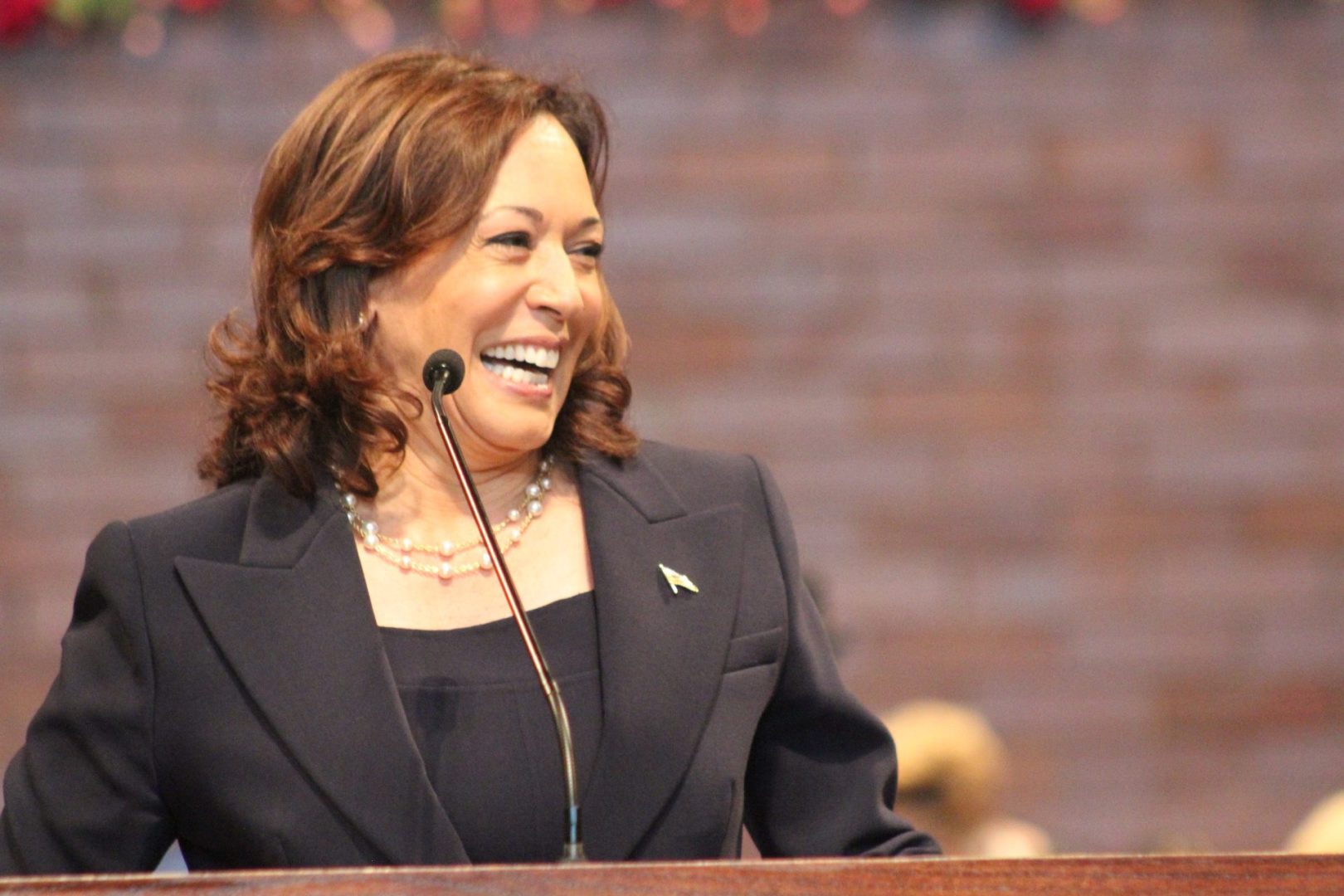Vice President Kamala Harris is poised to announce a comprehensive economic plan on Sept. 25 designed to uplift Black Americans, furthering the Biden-Harris administration’s efforts to reduce the racial wealth gap. This initiative marks a departure from the previous administration’s approach, as Harris’s policies emphasize equity and systemic reform to tackle enduring economic disparities. While the overall economy experienced growth under Donald Trump, Black Americans faced inconsistent outcomes, with the racial wealth gap largely unaffected.
Here’s a look at how Harris’s forthcoming plan contrasts with the economic landscape for Black Americans during Trump’s presidency.
Biden-Harris administration’s economic gains for Black Americans
Since taking office, the Biden-Harris administration has overseen significant improvements for Black Americans, particularly in areas of wealth and employment. Black wealth has surged by 32 percent since the pandemic, reported CNBC, an achievement boosted by targeted policies like student loan forgiveness, which has canceled over $167 billion in debt. Black unemployment has also hit historic lows, marking a stark contrast to the uneven economic gains under Trump, where Black unemployment fell but wealth disparities persisted.
Comparing economic outcomes under Trump
During Trump’s presidency, Black unemployment did reach record lows by 2019, primarily due to broader economic trends, but wealth inequality between Black and white Americans remained stark. In 2020, the pandemic exposed the vulnerability of Black workers, who were disproportionately affected by job losses. Trump’s tax policies — which favored wealthier individuals and corporations — did little to close the racial wealth gap. By contrast, Harris’s economic proposals are centered on targeted relief and support for Black Americans, particularly in sectors hardest hit by systemic inequities.
Key points of Harris’s economic policy
1. Lowering the cost of food
Harris aims to address the fact that Black families spend nearly 50 percent more on food than their white counterparts. She plans to implement a federal ban on price gouging in groceries — a stark contrast to the previous administration, where there was little focus on curbing inflationary pressures that disproportionately affected low-income Black households.
2. Making housing affordable
The Biden administration has already implemented measures to make housing more accessible, including expanding first-time homebuyer assistance. Harris’s plan introduces a historic $25,000 down-payment assistance for Black families and challenges corporate landlords — a key difference from Trump’s approach, which favored deregulation and allowed investors to scoop up affordable housing, pushing homeownership further out of reach for many Black families.
3. Putting money back in Black families’ pockets
Harris’s policy includes expanding the child tax credit and cutting taxes for frontline workers. This builds on the Biden administration’s child tax credit expansion, which significantly lifted Black families out of poverty before the program expired. In contrast, Trump’s tax cuts disproportionately benefited wealthy Americans and corporations, with less impact on working-class Black families, the temporary relief of the stimulus checks — which some Black people mistakenly believe Trump gave because he put his name on the checks— notwithstanding.
4. Reducing prescription drug costs and medical debt
Under Trump, the administration made some efforts to lower drug prices, but the Biden-Harris team has expanded on this by capping insulin costs for seniors at $35 per month. Harris plans to extend this cap to all individuals and cancel medical debt, addressing a pressing issue for Black households, which are nearly twice as likely to have medical debt compared to white households.
5. Supporting Black-owned businesses
Black businesses saw little specific support under Trump’s tax policies. However, Harris’s plan, building on the Biden administration’s success, proposes to increase tax deductions for startups and expand access to capital. Black businesses have experienced their fastest growth in 30 years under Biden, a sharp contrast to the slower recovery many faced during Trump’s presidency.
Harris’ vs. Trump’s economic plans
Vice President Harris’s economic policy is a sharp departure from the Trump administration’s broader, trickle-down approach. Where Trump’s policies prioritized deregulation and tax cuts benefiting the wealthy, Harris’s plan directly addresses the systemic issues that have held Black Americans back, focusing on housing, food affordability, health care and business support. The Biden-Harris administration has already made significant strides in closing the racial wealth gap, and Harris’s proposals could deepen these gains, creating a more equitable economic future for Black Americans.
















